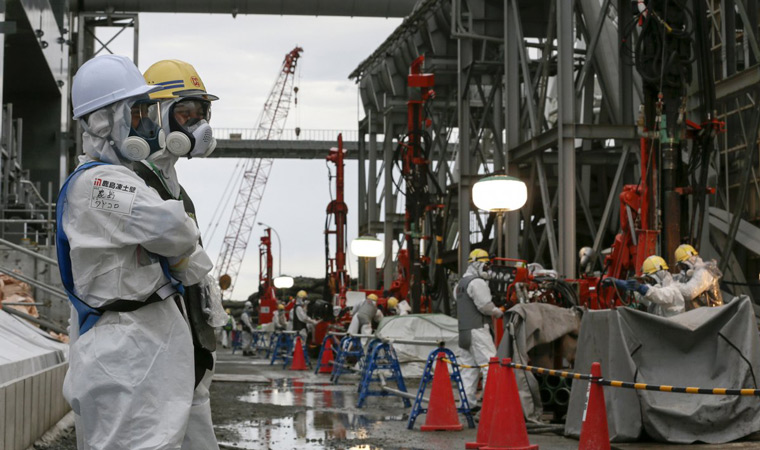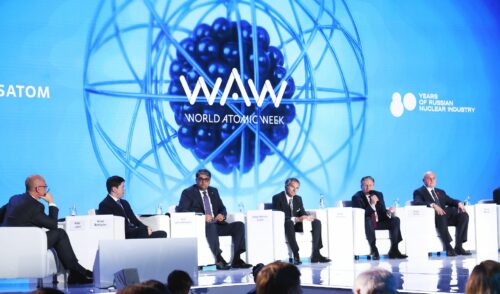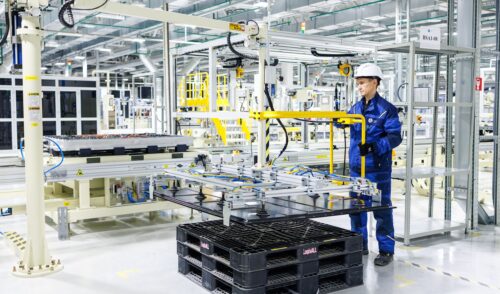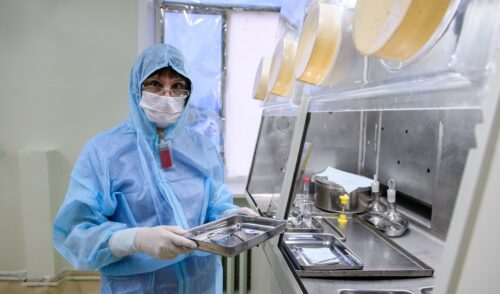
Tritium removal plant for Fukushima
back to contentsIn 2014, Japanese authorities selected Russia’s RosRAO and two other companies to develop an effective technology to clean tritium-contaminated water from Fukushima-1. The need for the cleanup system arose after the accident at the station five years ago. The accident resulted in the formation of liquid radioactive substances whose content exceeded WHO standards almost a hundredfold. At that moment, Japan possessed only cesium and strontium removal technologies, but could not handle tritium in the water.
RosRAO is a Rosatom Group company specializing in the collection, transportation, recycling and storage of low and medium activity waste, including waste from naval facilities and decommissioned nuclear submarines and ships. The two other companies chosen along with RosRAO from 29 bidders were the US-based Kurion Inc. and American-Japanese GE Hitachi Nuclear Energy Canada Inc.
Rosatom’s engineers spent a year and a half developing the new technology, which has turned to be a great success, said Oleg Kryukov, Director for Public Policy on Radioactive Waste, Spent Nuclear Fuel and Nuclear Decommissioning at Rosatom. “Tests have shown that our system is capable of bringing radioactive substances down to the required level,” he said. According to Rosatom’s representative, the Russian tritium removal plant is “better than its foreign counterparts” and, in particular, more energy-efficient. The plant has been designed and manufactured by two Rosatom’s subsidiaries, V. Khlopin Radium Institute and RosRAO. If the pilot project is a success, RosRAO will be able to bid for the right to build a full-fledged industrial facility for the cleaning of tritium-contaminated water accumulated on the Fukushima site.
Rosatom is also ready to offer other decommissioning technologies. “We are sure that our solutions are perfectly applicable for the problems faced by our Japanese colleagues. We are ready to join the recovery effort at Fukushima-1,” stressed Kirill Komarov, Rosatom’s First Deputy CEO for Corporate Development and International Business, at the Russian-Japanese seminar on the back end of the nuclear fuel cycle. “Rosatom has extensive expertise in dealing with failed nuclear fuel elements. We have carried out similar projects both in Russia and other countries.” As an example, he cited the extraction of broken fuel assemblies at Paks (Hungary).
The recovery effort at Fukushima is not the only program where Rosatom can participate. Another area of interest is nuclear station decommissioning. “This is where we would be glad to offer services of Rosatom Group companies, first of all Nukem Technologies, which has a long track record of successful decommissioning projects and returns to greenfield status,” Kirill Komarov said.




